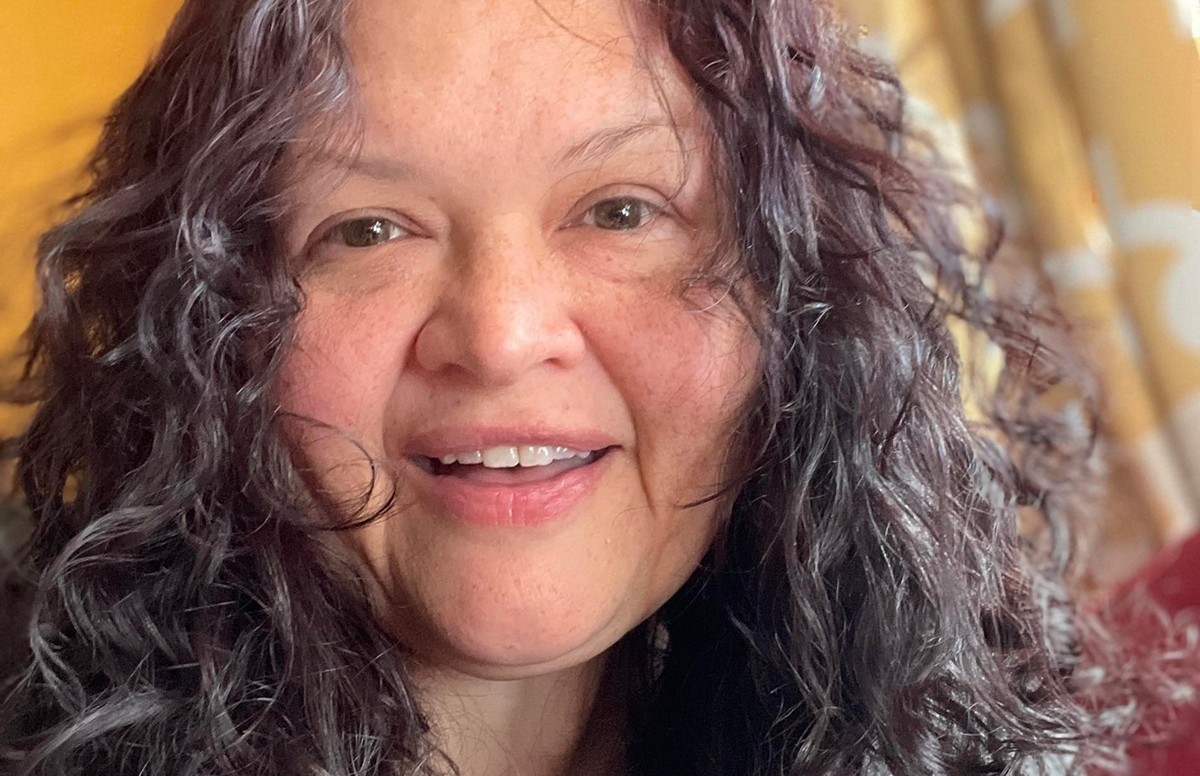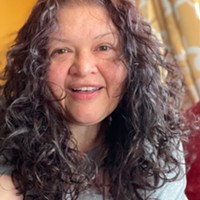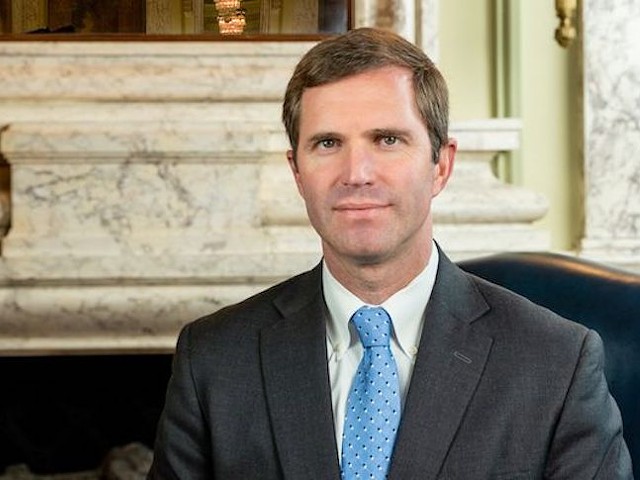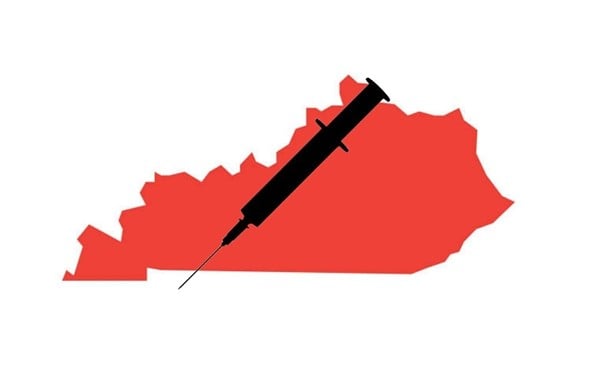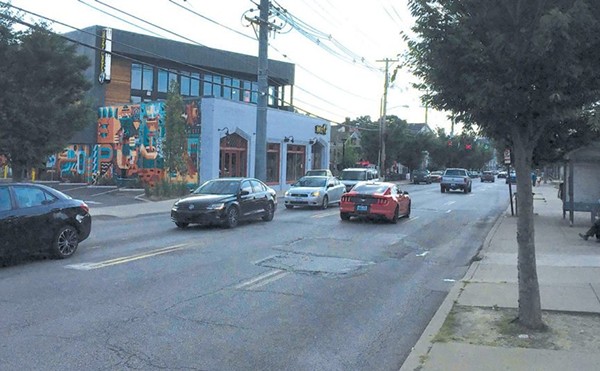My father, Ricardo, was born in 1930s Texas to a Mexican American father and a mother from Coahuila, Mexico who spoke no English. He was the seventh child of nine, and they all lived and worked on a farm in Texas until his father answered an advertisement for factory jobs in California. The family moved into a small three-bedroom bungalow in booming East Los Angeles. The family included his nine children, wife, mother-in-law, and various other relatives struggling together to make ends meet.
My mother, Sarah, was born in a house in Madisonville, KY, to an illiterate miner and his second wife who was 14 years younger than he. Her mother, my grandmother Mary, had been picked to wed because my grandfather, Rubin, saw her in the front window of her house on his walk home from the coal mines.
Mary found her journey into motherhood with advice from her aunties and cousins to buy a bottle of an unknown substance at the local store for her to drink. The elders laughed as they shared “There’s a baby in every bottle,” which began many years of pregnancy and homemaking, producing seven children from at least 12 pregnancies. Sara was the second, and all were born in homes that are still standing today.
Sara met Ricardo through the military.
My father had two options at 17 years old: leave home to a factory job or join the military. He and his brother chose the latter and went overseas, beginning carousel tours of military bases, which landed him in Ft. Campbell, KY. Since he was alone and had nowhere to go for Thanksgiving, he was invited to a home-cooked dinner by his friend who happened to be dating a friend of my mother. My mother’s friend begged her to come along and meet their guest for a blind date. My mother agreed.
“Lucy” had officially met Ricky.
She was blue-eyed with curly golden hair, round hips and a 19-inch waist — a beauty. Ricardo didn’t stand a chance.
He was brown with a strong jaw, and jet-black hair that matched his shiny black Pontiac Catalina convertible. He had an accent and was immaculately dressed, with a pressed shirt tucked in belted pants. He wore shiny shoes and the finest “high and tight” haircut the military could provide. My mother found him arrogant and shared with me that he barely spoke 10 words to her, which included a request for her phone number to meet up again. To this day, she has no idea why she gave her number and then responded to his call two weeks later after he completed field training. Her instinct said to jump, blindly. She said that at that moment, everything in her life changed.
The second date landed him in the home of white, coal-minin’, country folk. Her family had not interacted much with minorities and racist language was regularly spoken, yet he was welcomed into their lives without derogatory references. They kept their tongues, but their feelings were there. My grandfather did not speak a word to him and was afraid of his dark skin, pristinely put-together outfits, and strong accent. My grandma enjoyed him from day one, as he loved to be in her home observing her natural cooking style and ability.
He stayed with the women during visits. It felt comforting to him as he found little difference between his L.A. family and the Kentucky home of my mother. He felt relaxed in the rural setting with fishing, good food, and the chatter of multiple generations of adults and children crammed into a tiny house, dirt-poor.
As my parents got to know each other, my father began to open up about who he was. He stated very early on that he was an alcoholic and owned by the military before anything else.
Their dates started in her home, drinking coffee brewed by her mother to sober him up before they left for a drive in the country or a rare outing to the local picture show. Their courtship lasted for two years with no chance of consummation until after marriage. His acceptance of her boundary is a core factor of why they worked as a couple for 32 years until he passed in 1993.
My mother was schooled in tolerating and staying safe among alcoholics and men without boundaries. She was determined to not be taken over by lust or indulgence in alcohol, as these two social ills were the things she hated the most from her childhood. The violence to which she was accustomed was the direct result of adults drinking in her home. My father’s drinking didn’t come with violence.
Why did my mother Sarah, a white Kentucky girl, jump into a life with my father, a Mexican man born in Texas, raised in East Los Angeles? It was the ‘60s, and for her, he was consistent and never pushed her into anything without her consent. My father, in the life they built together, was kind and gentle even when intoxicated, and he offered her a strange feeling she had never felt around men…safety. •

